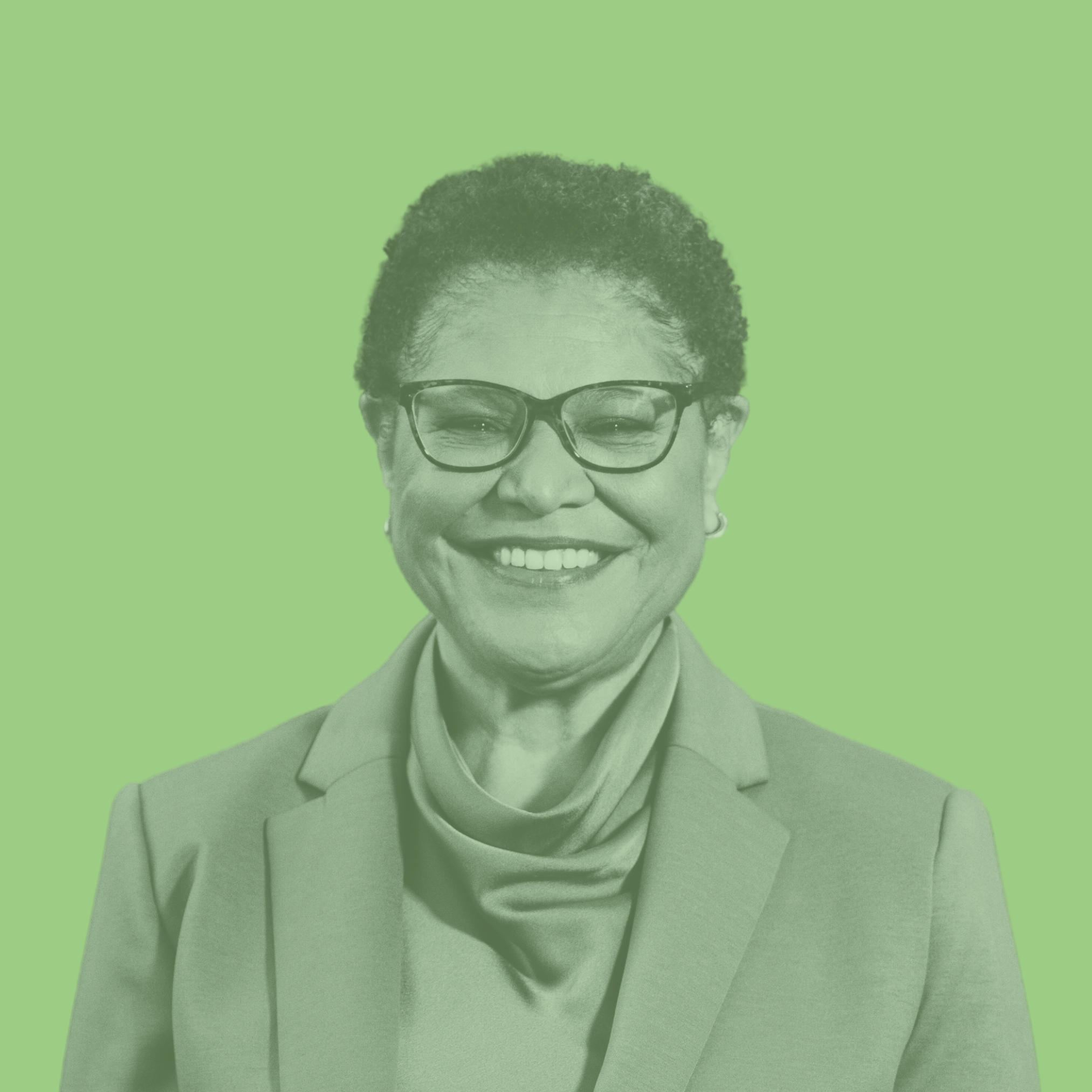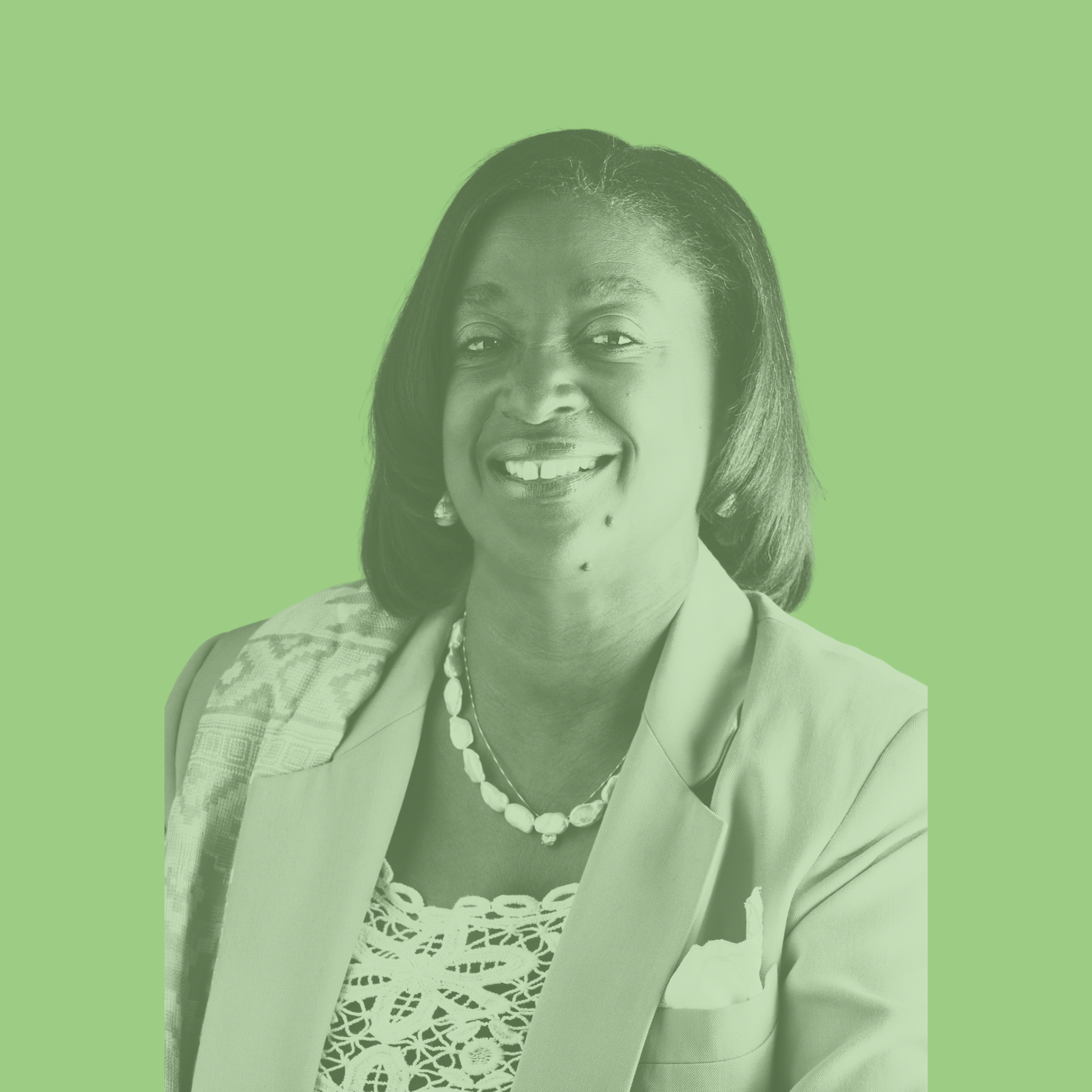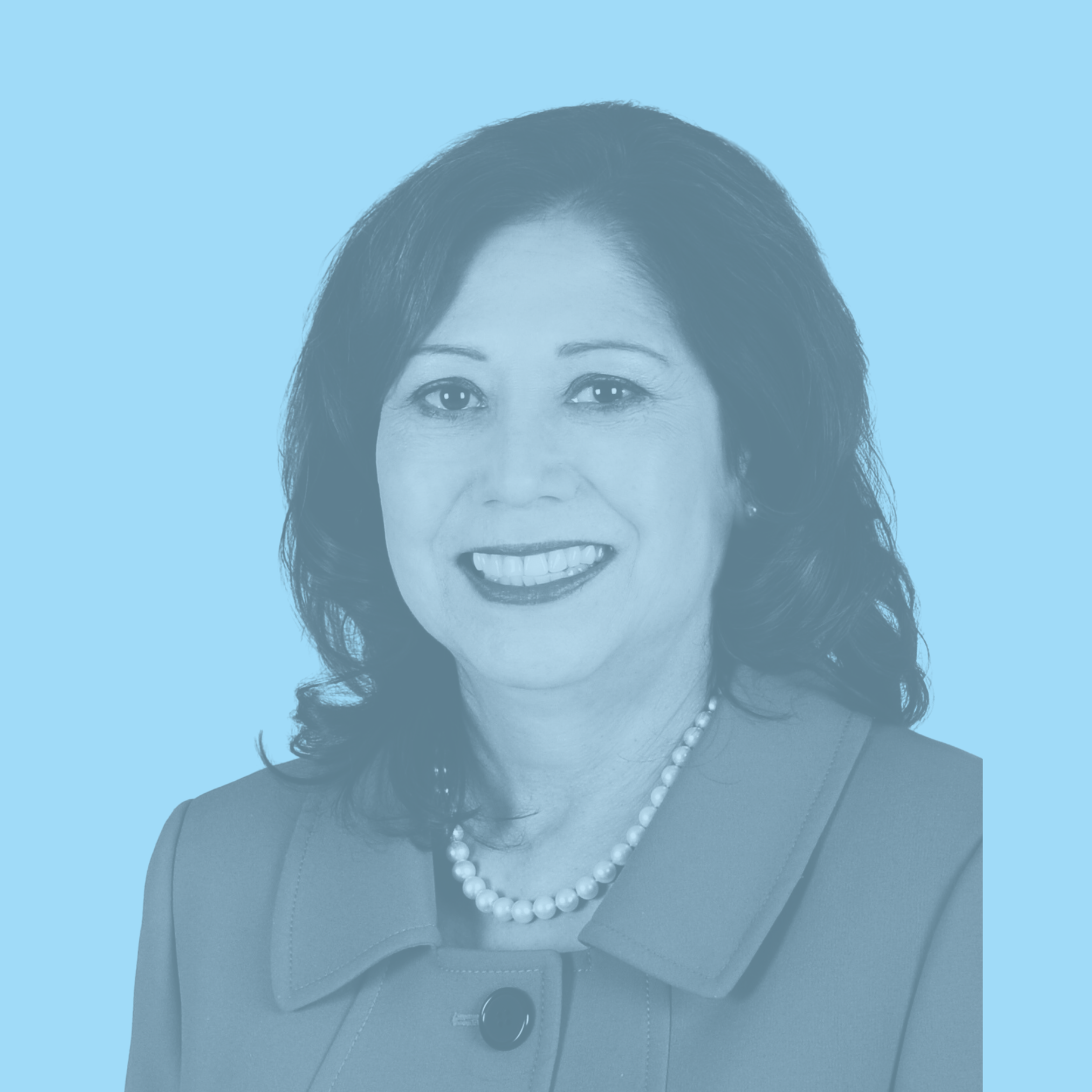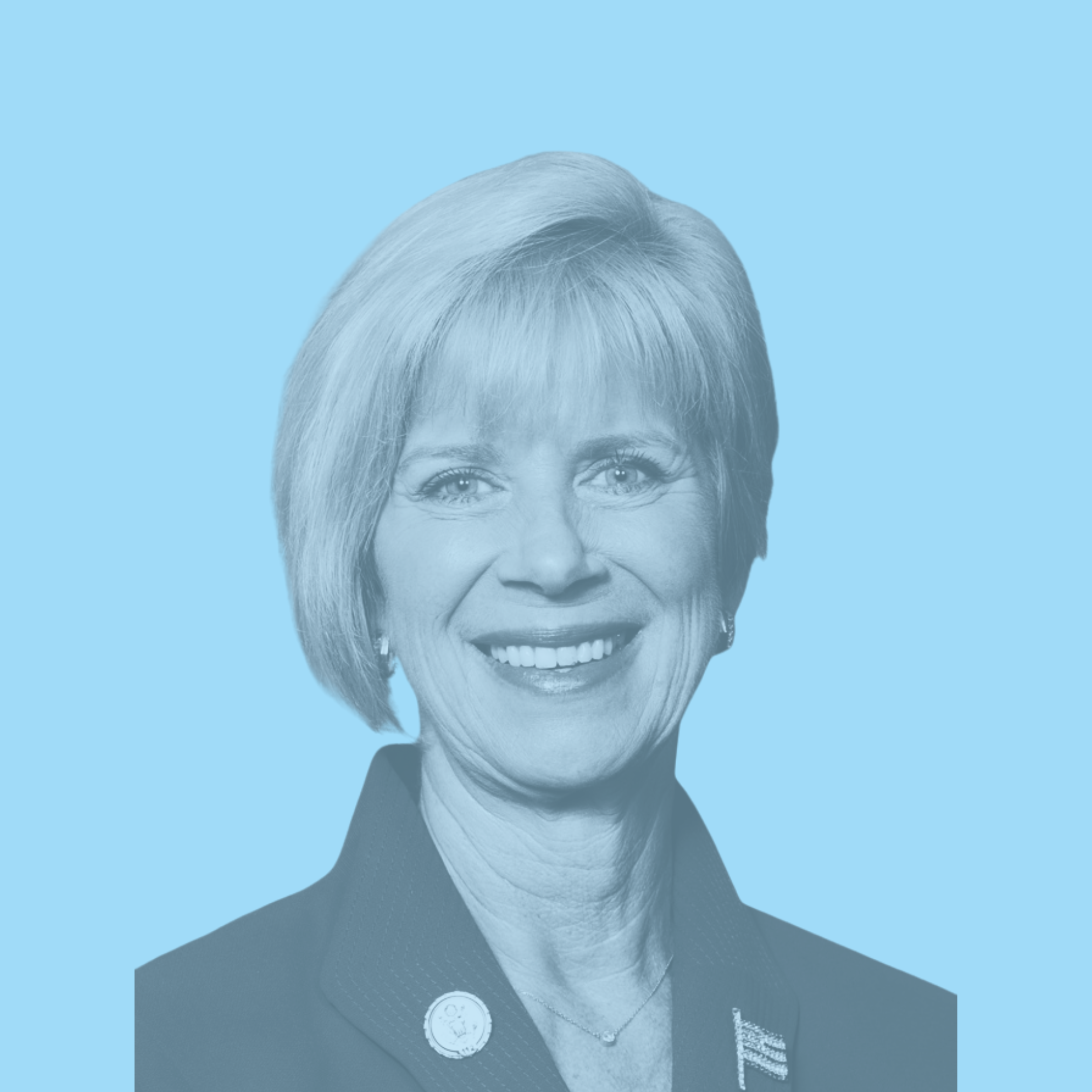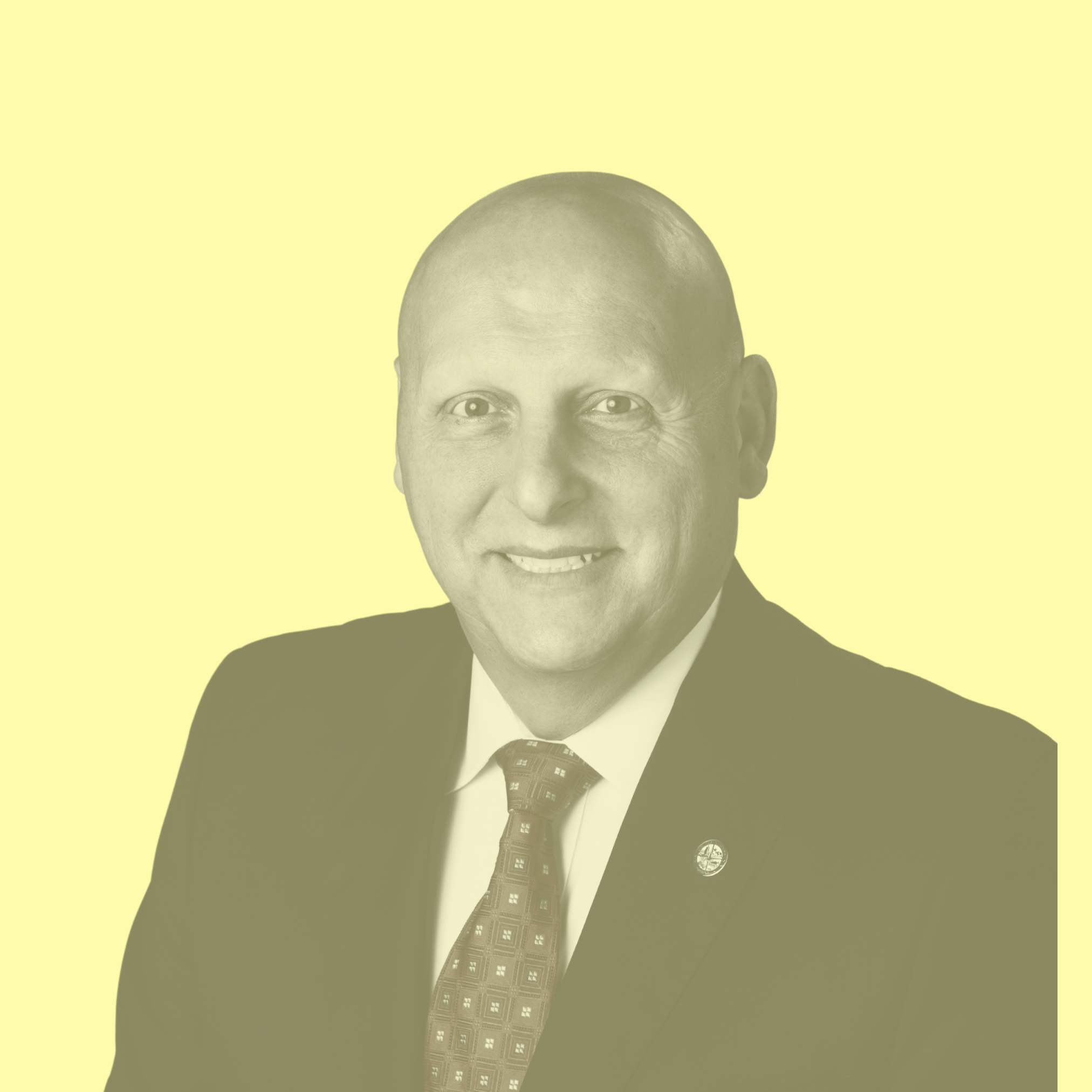LA Metro
Metro Los Angeles (Metro) is the second-largest transit agency in the U.S., operating subways and light-rail lines, buses including bus rapid transit lines that run on dedicated right of ways, Metro Micro microtransit that gives shared rides in vans, FasTrack high-occupancy vehicle lanes, congestion pricing studies, and, in partnership with LADOT, Metro Bike. Additionally Metro oversees the construction of transit infrastructure and manages the development of rail stations, including Union Station downtown.
Metro is run by a CEO selected by a 13-member board of directors made up of five LA County representatives appointed by the Board of Supervisors, four LA City representatives appointed by the Mayor of LA, and four subregional representatives who are usually elected officials from large LA County cities.
LA City Mayoral Appointees: Karen Bass, Mayor of LA (Chair); Jacquelyn Dupont-Walker, President, Ward Economic Development Corp, Paul Krekorian, LA City Council President; Katy Yaroslavsky, LA City Councilmember
Los Angeles County Board Supervisors: Hilda L. Solis, Holly J. Mitchell, Lindsey Horvath, Janice Hahn (1st Vice Chair), Kathryn Barger
North County/San Fernando Valley appointee: Ara J. Najarian, Glendale City Councilmember
Southeast Long Beach appointee: Fernando Dutra, Mayor Pro Tem of Whittier (2nd Vice Chair)
Southwest Corridor appointee: James Butts, Mayor of Inglewood
San Gabriel Valley appointee: Tim Sandoval, Mayor of Pomona
Governor of California non-voting appointee: Gloria Roberts, Interim District 7 Director, CA Department of Transportation
Power Dynamics
Historically, Metro has been run by people who do not ride transit. Paired with the agency’s insistence on attracting “choice” riders — wealthier car owners who are not dependent on transit — instead of improving service for riders who rely on Metro daily, the agency often deferred to making decisions to make the system more attractive to drivers. While board members are not all exactly regular riders now — Lindsey Horvath and Katy Yaroslavsky are the two board members most often photographed flashing their TAP cards — the dynamic has changed dramatically to a board that largely welcomes community input and is listening to (if not always heeding) concerns of actual riders. This is an exceptional transportation advocacy success story.
Advocates have clocked huge wins in recent years. Crucially, organizing has helped to keep planned service improvements, including Metro’s NextGen bus redesign plan, on track. During the pandemic, thanks to advocates, buses remained free for nearly two years to keep the system’s most dependent riders healthy and safe. There has now been a commitment made by LA Mayor and Metro Board Chair Karen Bass to make the entire system fare-free. In the wake of George Floyd’s murder at the hands of police in 2020, board members heard demands from Black and brown riders for the agency to reimagine its definition of public safety. Led by former board member Mike Bonin, a task force was assembled, with recommendations that included canceling Metro’s expensive policing contract (notably, board members Horvath and Holly Mitchell did not vote to renew it) and forming an unarmed transit ambassador program that launched in 2022. Surveys show that a majority of passengers say the ambassadors make them feel safer riding — at a fraction of the cost of an armed officer. Transit ambassadors are climate justice.
Keep reading to learn more about how to make change at Metro.

